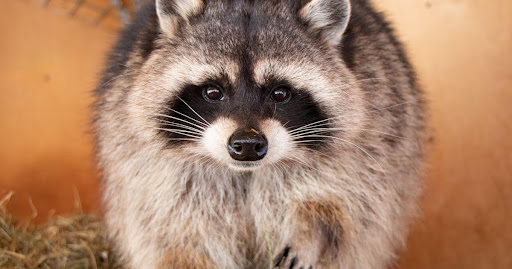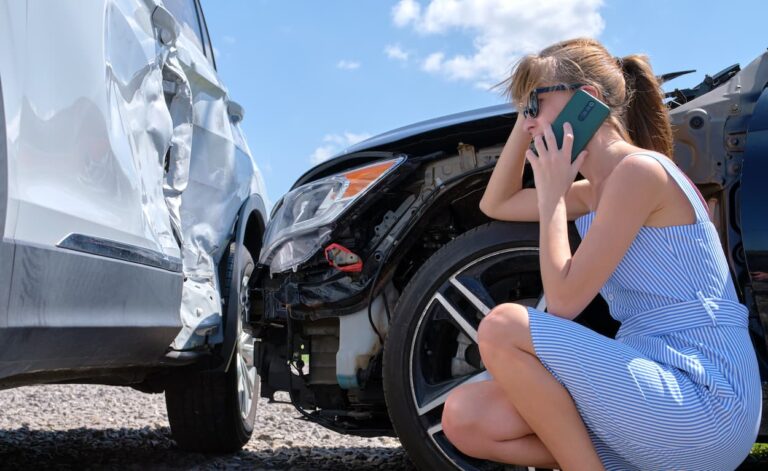Risks of Domesticated Raccoons: Understanding the Challenges and Dangers
Many people are drawn to having a domesticated raccoon as a pet due to their playful nature and social behavior. However, you should be aware that raccoons can pose significant risks to you and your environment.
From potential health hazards such as zoonotic diseases to behavioral challenges that are difficult to manage, owning a raccoon is not as simple as it might seem. By understanding these risks, you can decide whether a raccoon is the right companion for you.
Understanding Raccoons as Pets
Raccoons may seem like intriguing pets, but they present unique challenges and misconceptions that can create significant issues. It’s essential to recognize the differences between raccoons and typical domestic animals.
Domestication Challenges
Raccoons are not fully domesticated, which makes them challenging to keep as pets. Unlike dogs or cats, which have undergone thousands of years of selective breeding for companionship, raccoons have retained many wild instincts.
Their natural behavior includes foraging, climbing, and an inherent curiosity that can lead to destructive tendencies in a home environment.
You may also encounter issues relating to their dietary needs. Raccoons require a specific diet, and feeding them inappropriate foods can lead to health problems. Their social structure is complex; they typically thrive in the company of their kind, making human companionship insufficient for emotional health.
Misconceptions Online
Many online sources promote the idea of raccoons as exotic pets without addressing the realities. Raccoons are often portrayed as cute and cuddly, encouraging the belief that they can easily integrate into household life.
This can lead to poor decision-making for potential owners. They may exhibit aggressive or unpredictable behavior, making them unsuitable for many families.
The myth that they can be litter-trained or easily housebroken is also misleading. Their intelligence, while impressive, can lead to trouble; they are clever escape artists and can quickly dismantle barriers set in place to confine them.
Understanding these misconceptions is crucial to making informed decisions about pet ownership.
Comparison to Normal House Pets
When comparing raccoons to traditional house pets, several factors highlight their unsuitability. House pets are generally more socialized and can adapt well to domestic life, while raccoons often retain their wild behaviors.
In contrast, dogs and cats usually respond to training and socialization, whereas raccoons are known for their challenging dispositions.
Raccoons can also carry diseases that may harm humans and other animals. Unlike more common pets, vaccinations and routine veterinary care may not suffice to mitigate these risks.
Before considering a raccoon as a pet, it is essential to evaluate your living situation and lifestyle compared to the needs of a raccoon.
Health and Safety Considerations
Keeping a domesticated raccoon poses significant health risks and safety concerns. Understanding these aspects is essential for anyone considering adopting such an unconventional pet, especially in areas like McKinney.
Risks of Zoonotic Diseases
Domesticated raccoons can transmit zoonotic diseases to humans. Some diseases of particular concern include:
- Rabies: This viral infection can be fatal without prompt medical treatment. Raccoons are common carriers in many regions.
- Leptospirosis: This bacterial disease can cause severe health issues in humans and is often transmitted through contact with raccoon urine or contaminated water.
- Ringworm: This fungal infection can easily spread from raccoons to humans through direct contact.
To mitigate these risks, regular veterinary care and vaccinations are vital. Awareness of the symptoms and prompt medical attention are crucial for prevention and treatment.
Risks to Human Safety
Domesticated raccoons can exhibit unpredictable behaviors, posing safety risks. Some specific concerns include:
- Bites and Scratches: Raccoons may bite or scratch when threatened, leading to potential injuries and infections.
- Property Damage: Their natural instincts can lead them to chew and dig, damaging your home or personal belongings.
- Aggression: Raccoons are not typically socialized in the same way dogs or cats are. Their instinctive behaviors might lead to aggressive encounters with people or other pets.
Given these factors, you should carefully weigh the dangers of keeping raccoons as pets, especially in environments where wild raccoons are common. Understanding the potential risks can help you make an informed decision.
Legal and Ethical Implications
When considering the domestication of raccoons, it’s vital to understand the legal and ethical aspects. Various regulations govern their ownership, alongside concerns regarding wildlife conservation and animal welfare.
Regulations in McKinney
In McKinney, Texas, owning a raccoon as a pet is subject to strict regulations. Texas law categorizes raccoons as wildlife, making keeping them as pets without a special permit illegal.
You must obtain a permit from the Texas Parks and Wildlife Department, which prioritizes animal and public welfare. These permits often require proof of suitable living conditions, veterinary care, and adherence to specific safety measures.
Penalties for violating these regulations can include hefty fines and animal confiscation. Understanding local laws is essential for potential owners to avoid legal complications.
Wildlife Conservation Concerns
Domesticated raccoons can pose significant risks to wildlife conservation efforts. When wild raccoons are taken from their natural habitats, it disrupts local ecosystems. Their removal can lead to an imbalance in the local food chain and affect native species.
Moreover, domesticated raccoons may lose their natural survival instincts, making it difficult for them to return to the wild. Their dependence on humans can also lead to conflicts, including potential harm to both the animal and human communities.
You should consider these conservation concerns seriously before choosing to domesticate a raccoon. Natural behaviors that are vital for survival in the wild can be hindered, raising ethical questions about the impacts on the species.
Best Practices for Raccoon Management
Effective raccoon management involves understanding safe handling procedures and specific precautions relevant to your location, particularly in McKinney.
Safe Handling Procedures
When handling domesticated raccoons, ensure you wear protective gloves to prevent bites or scratches. Raccoons can carry diseases like rabies and leptospirosis, so minimizing direct contact is crucial.
Always approach raccoons calmly and avoid sudden movements that may startle them. Use a secure crate for transport and ensure it is well-ventilated.
It’s advisable to have experience or training in handling wildlife. If unsure, seek assistance from professionals. Familiarize yourself with local laws and regulations regarding raccoon ownership and care to avoid legal issues.
Necessary Precautions in McKinney
In McKinney, ensure your yard is secure to prevent raccoons from entering. This includes picking up pet food and securing trash bins with lids. Any holes or gaps in fences should be repaired promptly.
Regularly inspect your property for signs of raccoon activity, such as tracks or droppings. Avoid direct encounters if you suspect a raccoon is living in or around your home.
Instead, contact a wildlife removal professional like Critter Stop at (214) 234-2616 for a free inspection. Their expertise in humane wildlife removal is invaluable. Critter Stop has a fantastic reputation and customer reviews online because it provides high-quality work and great customer service.






